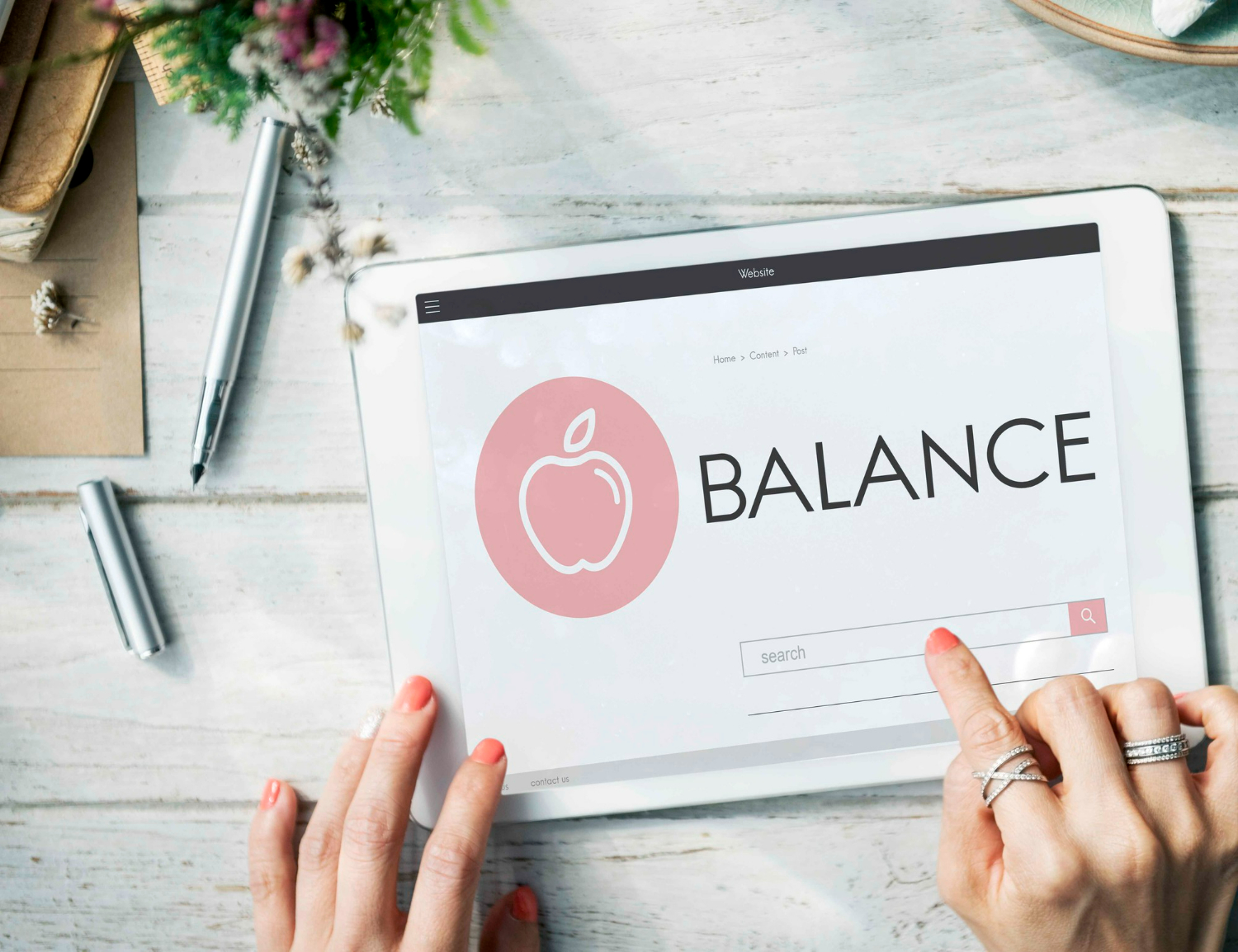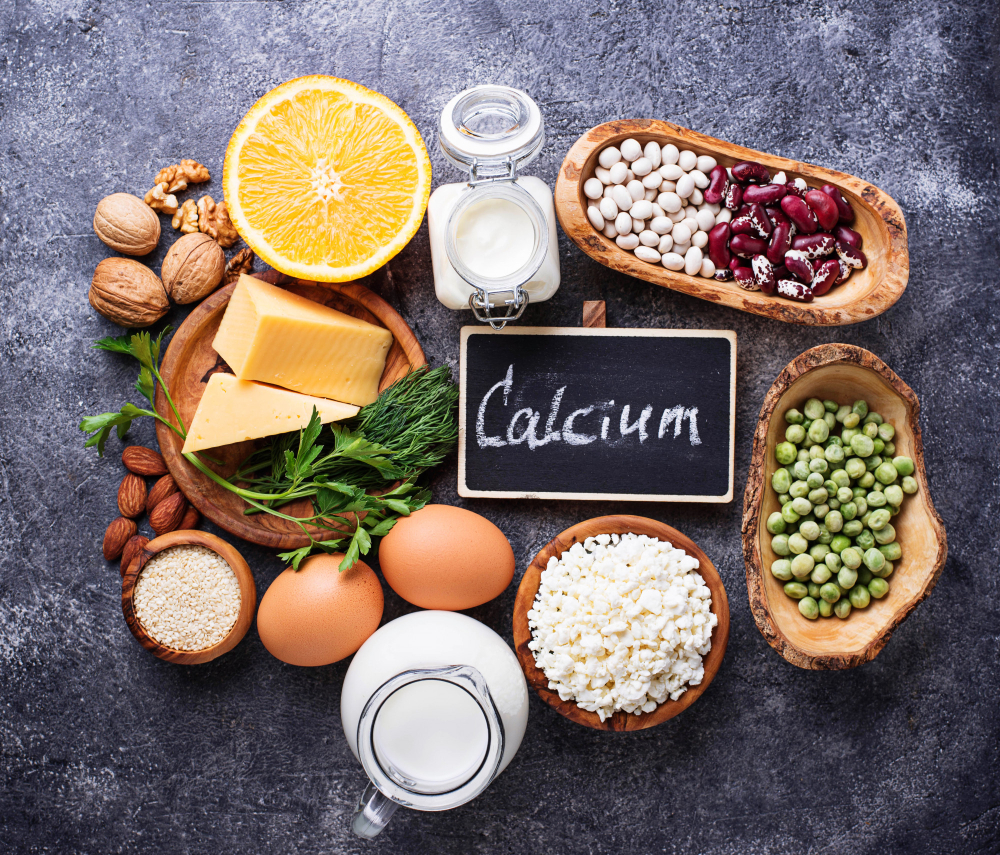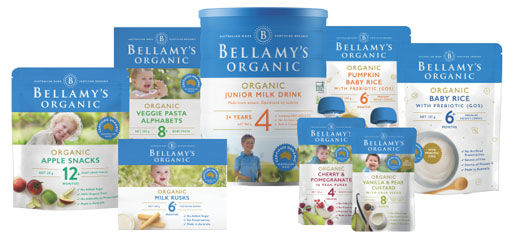The 3 Most Important Vitamins for Pregnant Women
![]()
Vitamins are considered essential nutrients, performing hundreds of roles in the body. They help boost your immunity, strengthen your bones, heal wounds, bolster your eyesight, and assist you in obtaining energy from food. Without adequate vitamin intake you may feel lethargic, be vulnerable to infection, or risk developing serious complications that can endanger your health and life.
With all this in mind then, it makes sense that the right vitamins are doubly important when pregnant. After all, these vitamins need to take care of not just one person, but two.
Please note the following article should be seen as general advice in respect to an adequate diet whilst pregnant. For specific advice please consult your healthcare professional.
Vitamins are classified as fat-soluble or water-soluble, referring to where they are stored in the body. Fat-soluble vitamins include A,D,E and K, and are stored for up to six months in various fat stores. Water-soluble vitamins circulate through your blood and include the B vitamins, namely B-6, B-12, riboflavin, thiamine, niacin, pantothenic acid, biotin and folate. Vitamin C is also a water-soluble vitamin. Water-soluble vitamins need regular replenishing, as the body doesn’t store them like fat-soluble ones.
There are 13 essential vitamins for humans, with each having a specific function. All of these vitamins are important but, when pregnant, folate, vitamin D and vitamin C are particularly important.
Folate/folic acid
![]()
Why folate?
Folate is a B vitamin that every cell in the body needs for healthy growth and development. It’s part of an enzyme needed for making DNA and new cells, especially red blood cells. Folic acid is the synthetic version of folate that is added to multivitamins and pregnancy-specific vitamins.
Birth defects occur within the first 3-4 weeks of pregnancy, therefore if you take folic acid before and during early pregnancy, it can help prevent birth defects of the brain and spine called neural tube defects (NTDs). Folate may also help prevent heart defects and mouth defects, such as a cleft lip or palate, and can cut your chance of an early delivery by up to half.
How much folate/folic acid should you have?
During pregnancy, take a prenatal vitamin each day that has 600 micrograms of folic acid in it. If you’re not yet pregnant, reduce that amount to around 400 micrograms of folic acid each day. As well as a vitamin supplement, you should try to aim for folic in your diet by eating foods such as fortified flour, bread, cereal and pasta. “Fortified” essentially means it has folic acid added to it, so check the package label. You may also find natural folate in some fruits and vegetables.
Top foods to provide folate include:
- Leafy green vegetables such as spinach and kale
- Broccoli
- Asparagus
- Legumes such as lentils, peas and beans
- Orange juice
- Seeds and nuts such as sunflower seeds, peanuts, flax seeds* and almonds
- Fortified cereals such as Sultana Bran
- Avocado
- Brussel sprouts
- Cauliflower
- Beets
- Celery
*Whilst flaxseed is a great source of folate and alpha-linolenic (ALA), a new study has recommended that lactating women should limit the intake of flaxseed during lactation and pregnancy for specific advice, please seek a qualified health professional.
Vitamin D
![]()
Why vitamin D?
Vitamin D helps your body absorb calcium, a mineral that helps your baby’s bones, teeth, heart, muscles and nerves develop. During pregnancy you need 1,000 milligrams of calcium each day, so vitamin D is essential in making sure your body receives the goodness from what you put into it.
A vitamin D deficiency during pregnancy can cause problems with growth and skeletal deformities. It may also have an impact on birth weight and, should your baby be low on vitamin D at birth, they are exposed to rickets (a disease that can lead to fractures and deformity), abnormal bone growth, and delayed physical development. Research has suggested that a vitamin D deficiency during pregnancy can affect bone development and immune function from birth through to adulthood.
How much vitamin D should you have?
Most experts suggest a daily intake of between 600 International Units (IUs) and 2,000 IUs. This should continue through the lactation period, or even increased.
Vitamin D can be found in supplement form or natural form through food, and can also be produced when exposed to the sun. As well as a supplement containing vitamin D and a vitamin D-rich diet, you should aim to get 10 minutes of midday sun.
Top foods to provide vitamin D include:
- Cod liver oil
- Oily fish such as trout
- Portabello mushrooms
- Fortified cereals such as Sultana Bran
- Soy products such as tofu, soy milk and soy yoghurt
- Dairy products such as butter, milk and yoghurt
- Pork
- Eggs
Vitamin C
![]()
Why vitamin C?
Vitamin C, also known as ascorbic acid, is essential for tissue repair, wound healing, bone growth, and healthy skin. Both you and your baby need this vitamin on a daily basis, as vitamin C deficiency is linked with impaired mental development. Professor Jens Lykkesfeldt, the lead scientist involved in a study of vitamin C deficiency, said, “Even marginal vitamin C deficiency in the mother stunts the fetal hippocampus, the important memory center, by 10-15 percent, preventing the brain from optimal development.”
Another reason for vitamin C is its ability to help you absorb iron, which is essential for making hemoglobin, (the protein in red blood cells that carries oxygen to other cells) and myoglobin (the protein that helps supply oxygen to the muscles). During pregnancy, the amount of blood in your body increases by almost 50%, meaning a lot more iron is required. You also need extra iron for your growing baby and placenta, so vitamin C is essential in helping you absorb the correct amount.
How much vitamin C should you have?
While vitamin C is important in pregnancy, too much vitamin C can have negative effects. The recommended daily amount of vitamin C when pregnant is 85 milligrams per day, with the maximum being 2,000 milligrams. There should be no need to take a supplement, as your other prenatal vitamins are likely to contain the required amount. Vitamin C is also readily available in some fruits and vegetables.
Top foods to provide vitamin C include:
- Capsicum
- Guava
- Green leafy vegetables such as kale and spinach
- Kiwi fruit
- Broccoli
- Strawberries
- Citrus fruits such as orange, lemon and grapefruit
- Peas
As well as vitamins, your healthcare provide may recommend that a healthy pregnancy diet includes a range of minerals and nutrients such as iron, calcium, protein, DHA and iodine.
Featured post
-
05 Diet Plans That Are Good For Your Health
31/07/2022
-
Best Times to Sleep for Adults & Children
01/06/2022








